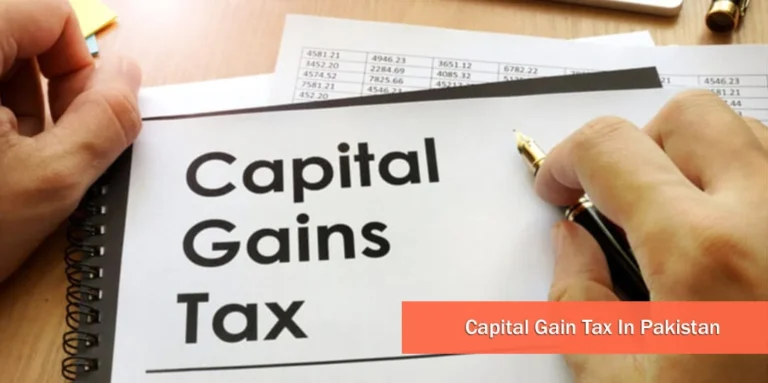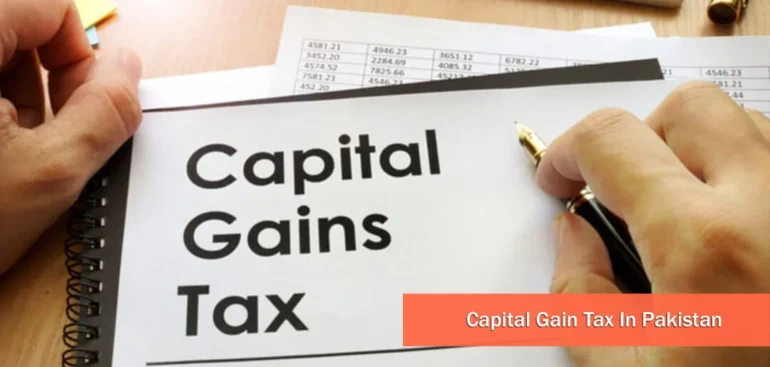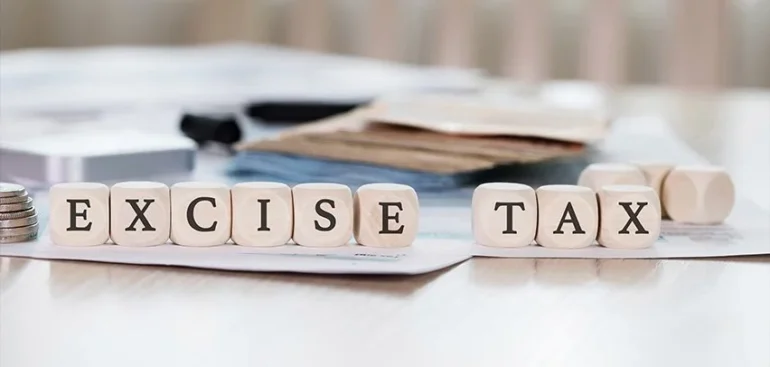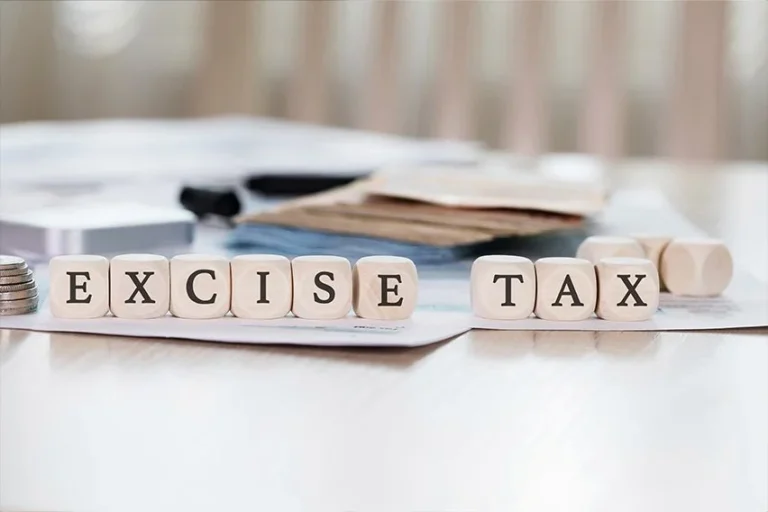Capital Gain Tax On Property In Pakistan |Implementation & Calculations

Paying tax has now become more complex than before. The reason behind it is that there are different taxes and we are often not well aware about tax types, calculations and implementations. If you are a citizen of Pakistan and you own or intend to own a property, you must know about Capital gain tax on property in Pakistan . There is more risk of being betrayed if you dont know about tax calculation particularly. So, read the article carefully and get yourself aware about updated information to void inconmvenience while filing tax.
What Is Capital Gain Tax?
Profits from the sale or exchange of capital assets are known as capital gains. A capital asset, with few limitations, is often any property you own, like; Investment property or Property held for personal use.
The vendor is responsible for paying this tax. The profit, which is taxed when the seller gains money off of the sale of real estate, gives the term its name. The Finance Act of 2017 states that CGT is only assessed when a property is sold within three years of the original purchase. The tax rate varies depending on when the property is sold: 10% in the first year, 7.5% in the second year, and 5% in the third year. Based on the valuation table provided by FBR, these gains are to be determined in accordance with fair market value. The seller will not be responsible for paying CGT on any property kept for more than three years.
Distinctions Of Capital Gain Tax
There are few things one must understand about capital gain tax :
- The seller is the only party subject to capital gains tax. The buyer does not pay capital gains tax.
- It is to be deposited at the time of your annual tax returns.
- This is only payable on the profits you made; it is not payable on the full amount of the good you sold. The difference between your purchase price and sale price is subject to capital gains tax when selling real estate.
How To Calculate Capital Gain Tax?
Capital gain tax is calculated with the help of three different methods. You can use any of the methods to calculate tax.
Method 1: Using actual values
Method 2: Using old DC rates and new FBR value
Method 3: Using new FBR value
- Using New FBR Value
When buying and selling real estate, you must declare the actual price and deposit the capital gains tax due based on the profits you actually realised.
- Using Old DC Rates And New FBR Value
Dc rate at the time of purchase – FBR value at the time of sale = Total Profit (5% CGT on profit )
- Using New FBR Value
FBR Value at the time of purchase – FBR value at the time of sale = Total Profit (CGT = 10%,7.5%,5% respectively for 1st , 2nd and 3rd year on profit )
However, if you sell it another financial year and the FBR value has changed than you will pay CGT as follows.
FBR Value at the time of purchase – FBR value at the time of sale = Total Profit (CGT = 10%,7.5%,5% respectively for 1st , 2nd and 3rd year on profit )
Properties Exempted From Property Gain Tax
- Any immovable property that is allotted to
- a shaheed or dependents of a shaheed belonging to Pakistan Armed Forces
- a person or dependents of the person who dies while in the service of Pakistan armed forces or Federal or provincial government
- a war wounded person while in service of Pakistan armed forces or Federal or provincial government;
- an ex-serviceman and serving personnel of armed forces or ex-employees or serving personnel of Federal and provincial governments, being original allottees of the capital asset duly certified by the allotment authority;
- One fixed asset that belongs to the resident.
- Self-owned business space from which individuals listed on the active taxpayers’ registry at any moment during the year conduct their company.
- Farmhouse (defined in a certain way) and property annexed thereto are not included in self-owned agricultural land where agriculture activity is performed by a person.
- Any real estate that is mobile and from which income is already subject to income tax.
- Immovable property that is owned by a local or provincial government.
This is all about Capital gain tax on property. If you re going to file your tax make sure you know everything about it and you have the idea about calculation of tax as well.






